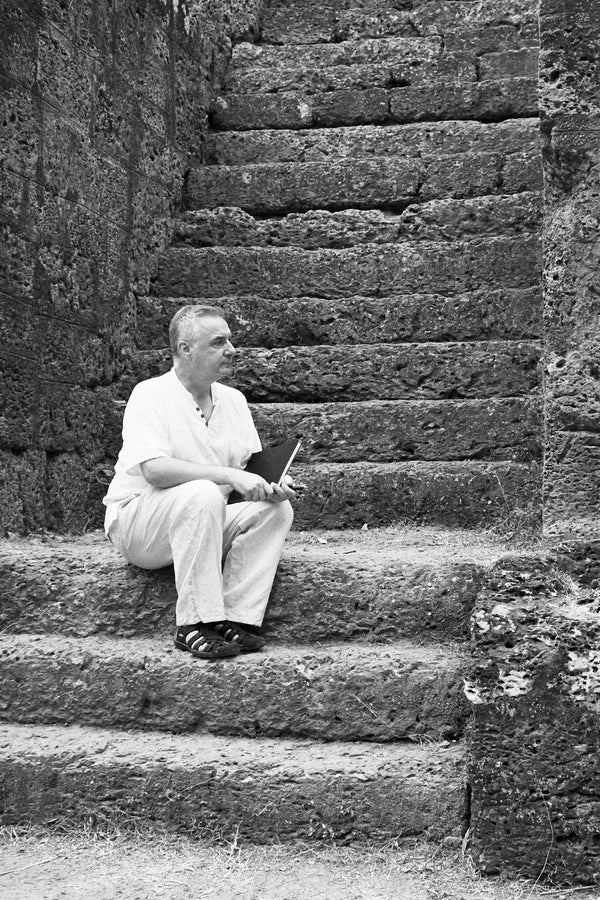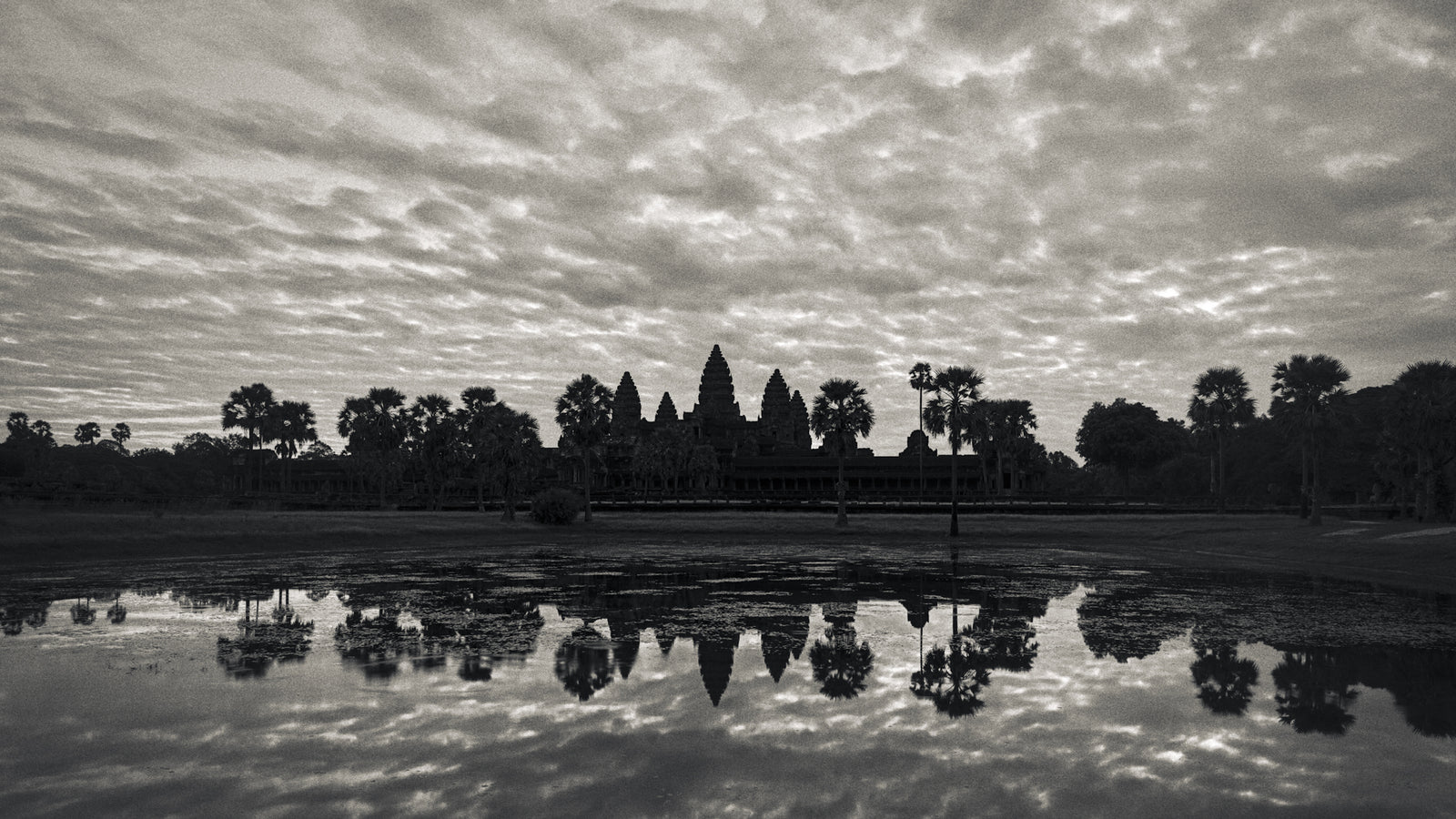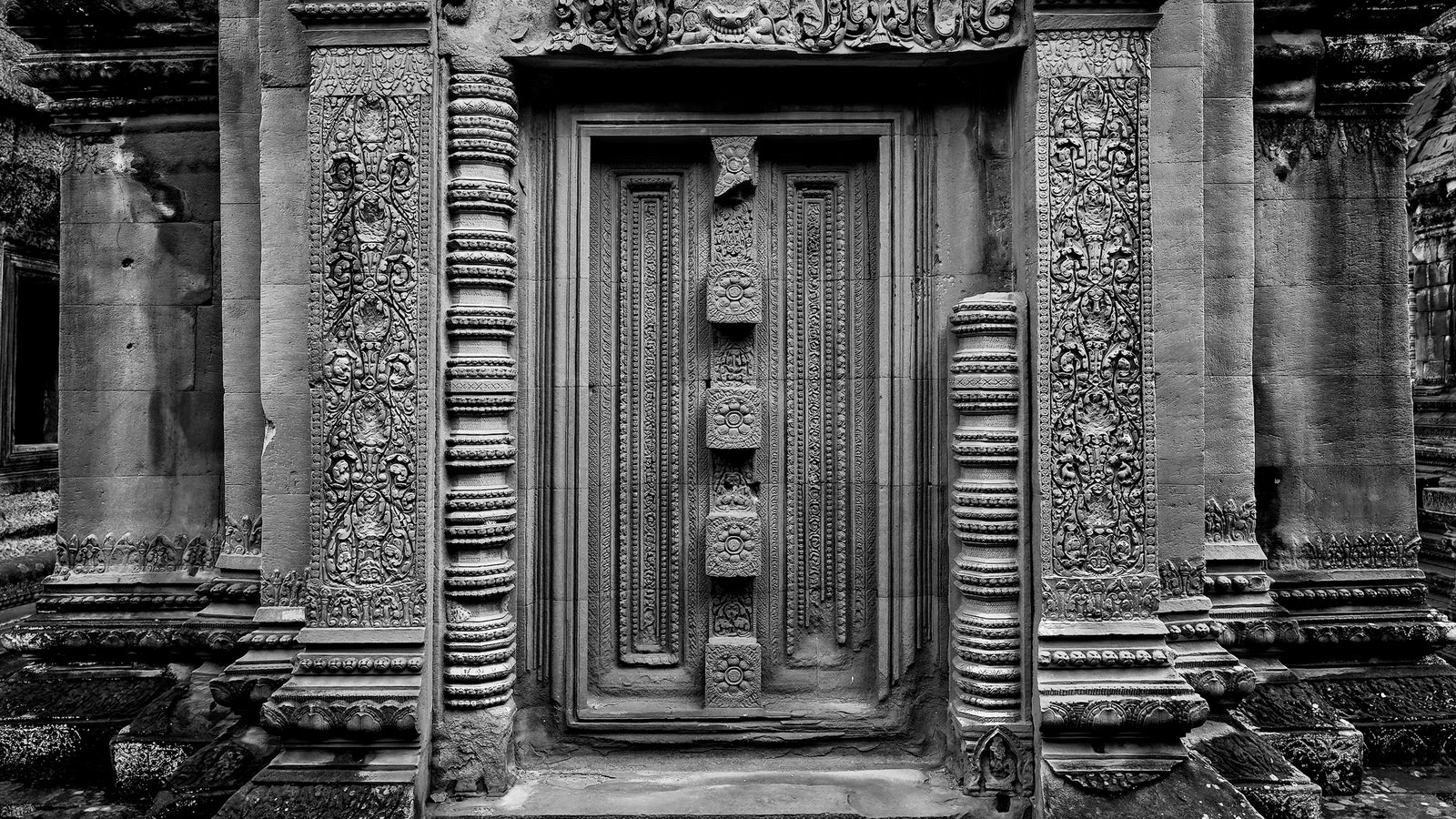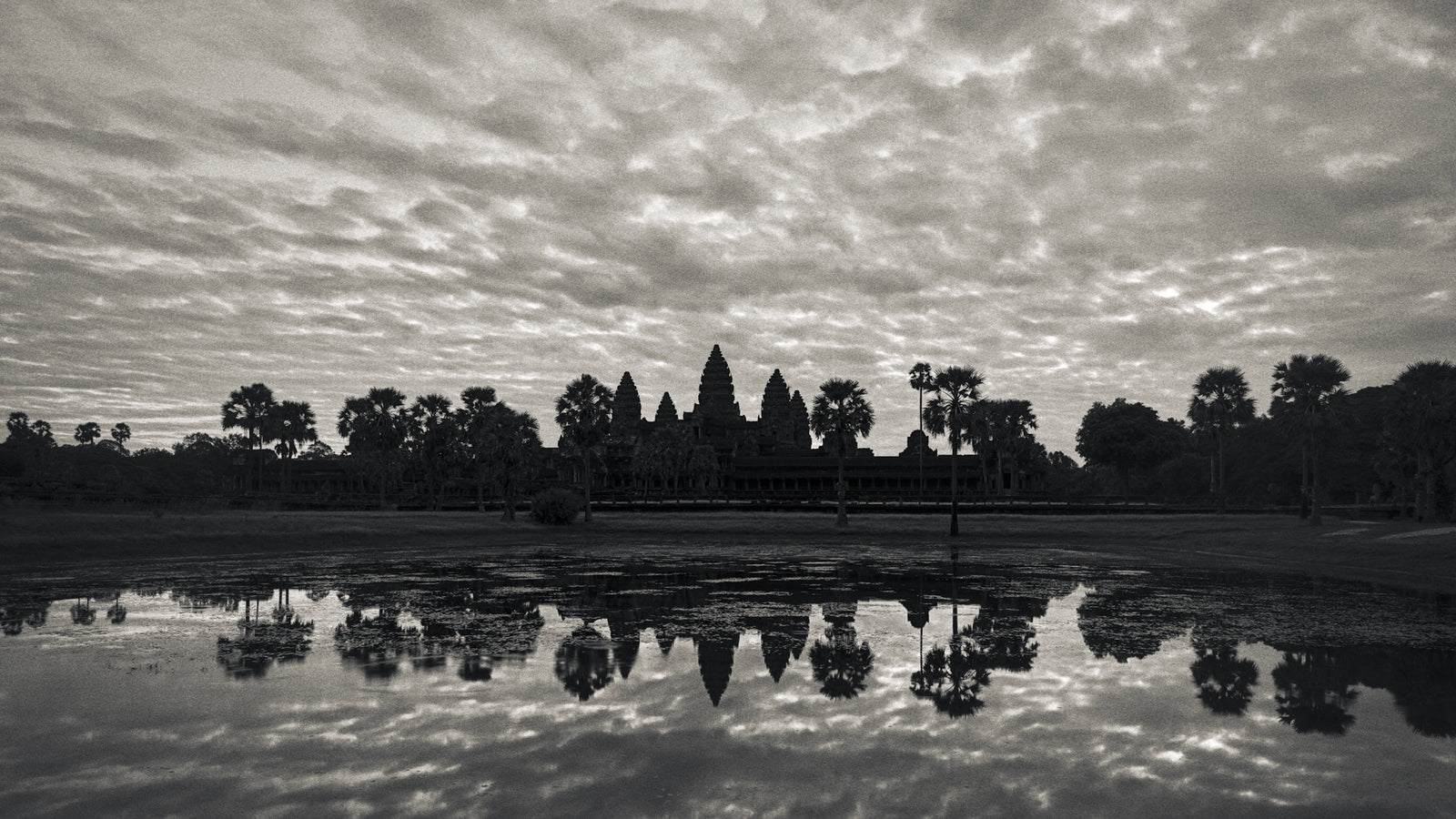Complimentary worldwide shipping on orders over $400 · No import tariffs for most countries
Complimentary worldwide shipping on orders over $400 · No import tariffs for most countries
Indravarman I
2 min read
| Preceded by Jayavarman III 835 – 877 |
Indravarman I Emperor of Angkor 877 – 889 |
Succeeded by Yashovarman I 889 – 915 |
| Religion: | Hindu (Shaivite) |
| Monuments: |
Indratataka (Baray) Preah Ko Temple (880) Bakong Temple (881) |
| Relatives: | Grandson of Rudravarman Son of Prithivindravarman Nephew of Jayavarman II (reign 802 – 835 CE) Father of Yashovarman I (reign 889 – 915 CE) |
Indravarman I (Khmer: ឥន្រ្ទវរ្ម័នទី១) ruled the Angkor Empire from Hariharalaya (present-day Roluos), where he was responsible for an extensive building program, setting the foundations for the future Angkorian kings to follow.
Immediately after Indravarman I acceded, he declared in his Preah Ko Temple inscription: "In five days from today I shall begin digging", and dig he did with an immense baray (reservoir); the Indratataka was the biggest reservoir ever built before his time, being 3.8 kilometres (2.4 miles) long by 800 metres (2,600') wide. Now dry, it could have held about 7.5 million cubic metres (265 million cubic feet) of water during the monsoon season.
Indratataka was built as a public service for his subjects, creating an irrigation network for the rice fields. The baray retained water during the monsoon season, and then the water was released during the dry season through a network of canals and channels. In Hindu mythology the baray also represents an ocean and the temple-mountain represents Mount Meru, the home of the gods. The king and his Brahman advisers performed many rituals throughout the year to reinforce this belief; for example, the ritual of rain-making performed before the rice planting season.
Later rulers of Angkor out-built him and made his baray look small.
Indravarman I's second act was to build shrines and dedicate them to his god, ancestors, and parents. At his capital city Hariharalaya (present-day Roluos), Indravarman I built Preah Ko Temple, which he dedicated to his father and maternal grandfather, and to the dynasty founder Jayavarman II. His palace was located at Prei Monti Temple.
Indravarman I's third act was to build his state-temple, the Bakong Temple temple-mountain (perhaps begun by Jayavarman III), in the centre of the capital Hariharalaya. Bakong Temple was surrounded by double-walled moats and housed the official linga dedicated to his patron Hindu deity Shiva.
Thirteen Angkorian kings after Indravarman I built such monuments for these dual purposes, state temple and memorial shrine. Like the Bakong Temple, the temples were built with stepped pyramids surrounded by lakes.
Although Indravarman I's shrines were bigger than his predecessors, they are modest compared to the later monuments of Angkor.
This was also the first time in Khmer architecture that nagas were employed as guardians for the bridge between the human world and the temple, house of gods.
Also in Angkorpedia
Join My Studio Journal
Receive occasional letters from my studio in Siem Reap—offering a glimpse into my creative process, early access to new fine art prints, field notes from the temples of Angkor, exhibition announcements, and reflections on beauty, impermanence, and the spirit of place.
No noise. No clutter. Just quiet inspiration, delivered gently.
Subscribe and stay connected to the unfolding story.

Join My Studio Journal
Receive occasional letters from my studio in Siem Reap—offering a glimpse into my creative process, early access to new fine art prints, field notes from the temples of Angkor, exhibition announcements, and reflections on beauty, impermanence, and the spirit of place.
No noise. No clutter. Just quiet inspiration, delivered gently.
Subscribe and stay connected to the unfolding story.



